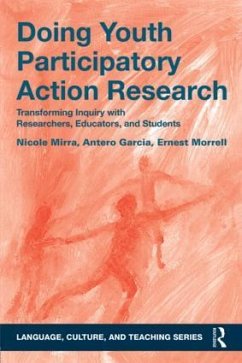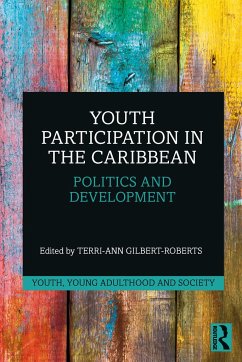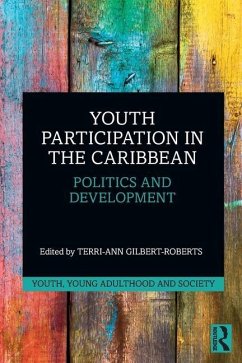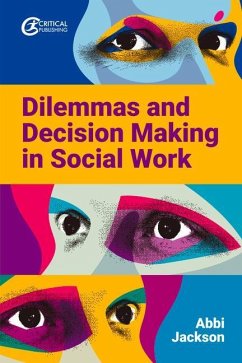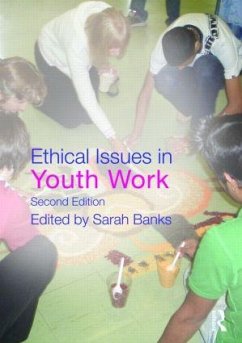
Dilemmas in Youth Work and Youth Development Practice

PAYBACK Punkte
84 °P sammeln!
This text explores a variety of challenging situations in youth work practice. Presenting a framework for dilemma resolution, narratives from youth workers reflect on dilemmas they have faced and the knowledge and experiences they brought to bear on them, contributing to a practice-based theoretical foundation for youth work.





